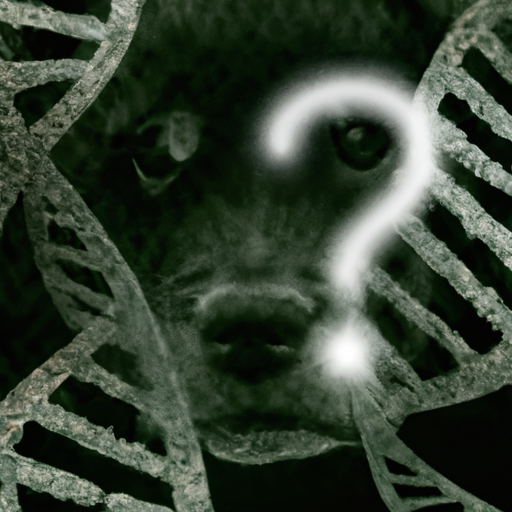Understanding the Prevalence of Cancer in Dogs
You may have noticed, especially if you’ve been a long-term canine caregiver, that a large number of dogs are diagnosed with cancer. It’s a harsh reality, one that we often struggle to accept. Why do so many of our beloved pets have to face this disease?
Let’s delve into some of the reasons:
-
Longer lifespans: Dogs are living longer, thanks to better nutrition and medical care. Cancer is a disease of aging, so the longer your dog lives, the more likely they are to develop cancer.
-
Improved diagnostics: Veterinary medicine has come a long way. Advanced diagnostic tools can detect cancer earlier and more accurately than ever before.
-
Genetics and breed predisposition: Some dog breeds are more genetically prone to certain types of cancer.
Scrutinizing the Role of Environment
It’s not just about genetics or lifespan. The environment in which your dog lives plays a significant role too.
- Exposure to certain pesticides or chemicals can increase the risk of cancer in dogs.
- Second-hand smoke isn’t just harmful to humans. Dogs living in smoking households are at a higher risk for certain types of cancer.
- Obesity and lack of exercise can also contribute to cancer risk.
Recognizing the Symptoms
Being able to recognize the early signs of cancer can make a significant difference in the prognosis. Here are a few symptoms to watch out for:
- Unexplained weight loss
- Difficulty eating or swallowing
- Swellings or lumps that persist or grow
- Wounds that do not heal
- Persistent lameness or stiffness
If you notice any of these symptoms, do not hesitate to take your pet to the vet.
How to Lower Your Dog’s Risk
While there’s no fool-proof method to prevent cancer in dogs, there are measures you can take to decrease their risk:
- Maintain a healthy weight: Make sure your dog gets regular exercise and is fed a balanced diet.
- Limit exposure to carcinogens: Avoid smoking around your dog and minimize their exposure to pesticides and other harmful chemicals.
- Regular vet check-ups: Early detection can make all the difference. Regular veterinary check-ups can help catch potential issues before they escalate.
The Role of Breed and Genetics
Certain breeds are more prone to certain types of cancers. Here is a table summarizing a few examples:
| Breed | Cancer Type |
|---|---|
| Boxer | Mast Cell Tumors |
| Golden Retriever | Hemangiosarcoma |
| Rottweiler | Bone Cancer |
However, it’s important to remember that any dog, regardless of breed, can develop cancer.
FAQs
Q: Do all dogs get cancer?
No, not all dogs get cancer. However, it is a common disease, especially among older dogs and certain breeds.
Q: Are certain breeds more prone to cancer?
Yes, certain breeds are genetically predisposed to specific types of cancer. However, any dog can develop cancer.
Q: Can I prevent my dog from getting cancer?
While you can’t completely prevent cancer, you can take steps to minimize your dog’s risk, such as maintaining a healthy weight, minimizing exposure to carcinogens, and scheduling regular vet check-ups.
Q: How is cancer in dogs treated?
Treatment depends on the type and stage of cancer. It may involve surgery, radiation, chemotherapy, or a combination of these. Your vet can discuss the best options for your pet.



